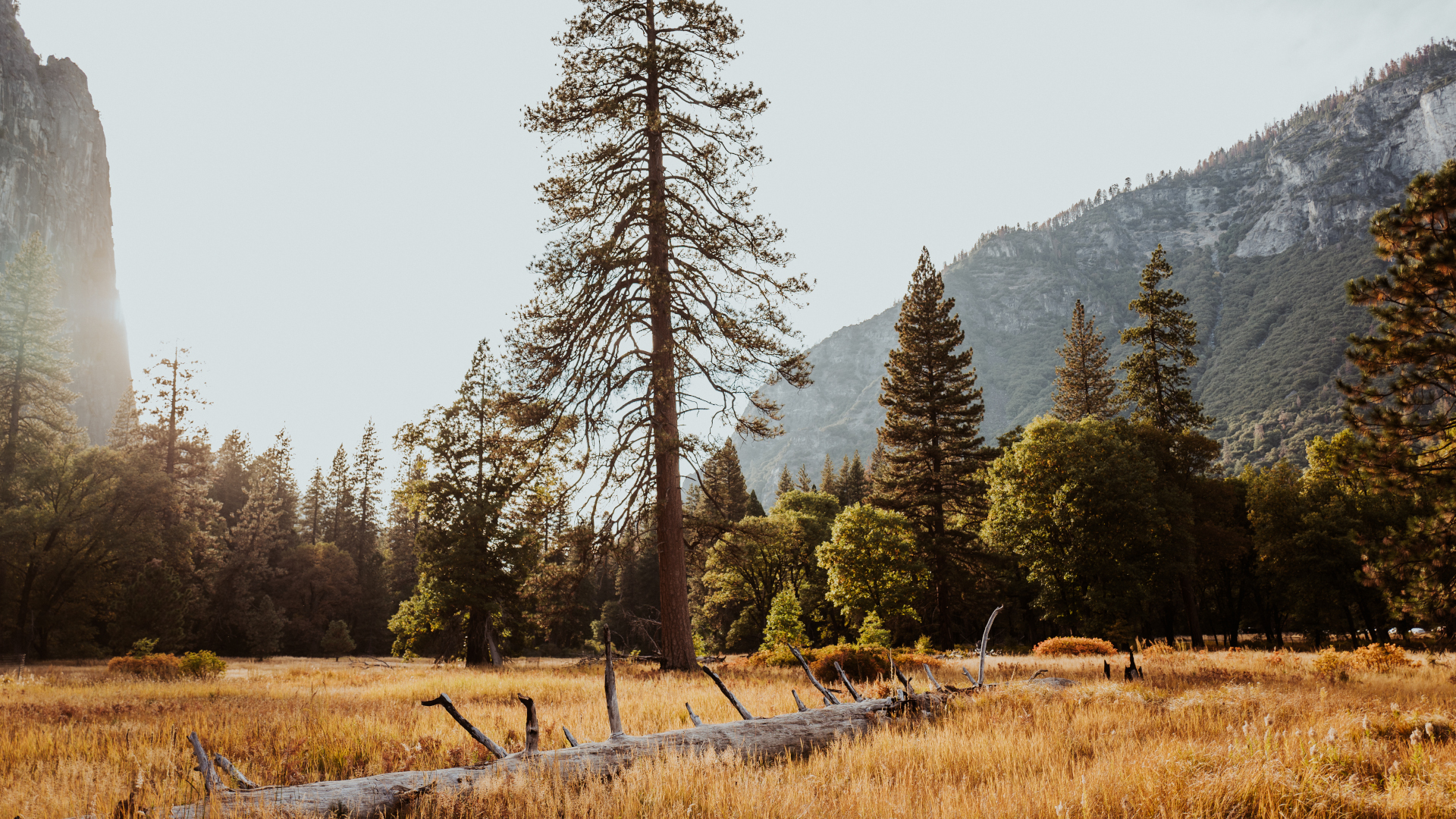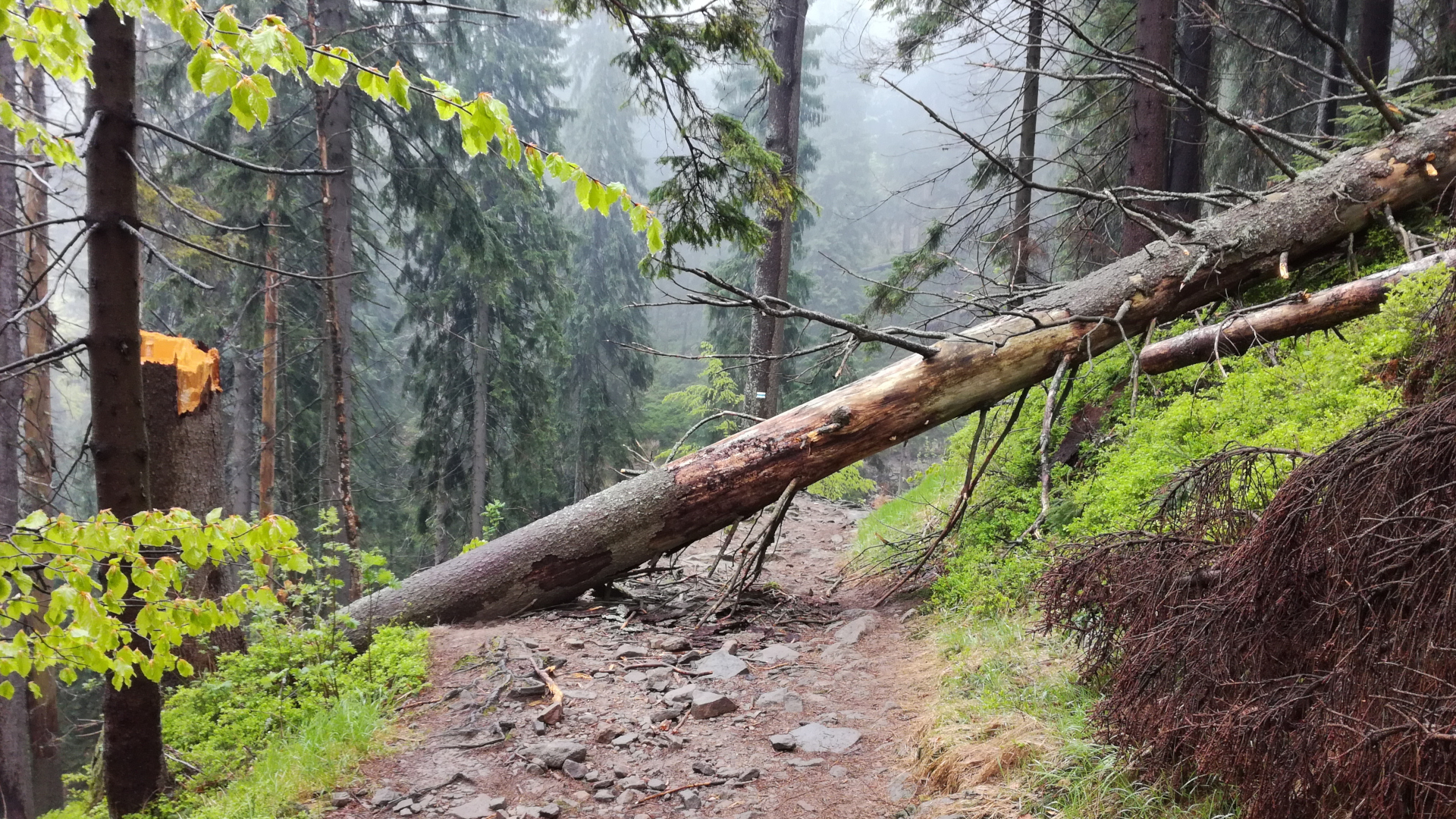
A hiker has been seriously injured by a falling tree in Colorado, less than two weeks after another man was killed by a hazard tree in a nearby area.
According to a GoFundMe page set up by Andrew Capets to help pay for medical expenses, Drew Johnston, 20, was hiking with friends at Monarch Lake near Granby on Saturday when the weather conditions suddenly changed.
"Wind picked up, rain began to fall, and the unthinkable happened," writes Capets.
"A tree fell on the trail, striking Drew’s head, knocking him down an embankment."
According to the post, two nurses happened to be on the trail at the same time and administered care until mountain rescue team were able to extract him three hours later. In a Facebook post, which you can see below, Grand County Search and Rescue reveal that it was impossible to get a helicopter to the area due to the treacherous weather conditions.
Posted by GCSAR on
Johnston was critically injured in the event, and has been transferred to the intensive care unit in Lakewood for ongoing treatment and rehabilitation.
GCSAR took the opportunity to remind visitors and residents of Colorado that the weather in the Rockies is often unpredictable this time of year and can quickly change without warning, writing:
"It is important that when recreating you are aware of potential dangers, and in this case the unexpected outcomes from the pine beetle kill in the area combined with high winds, which unfortunately resulted in this accident."
On May 16, a 52-year-old employee at nearby Eldora Mountain Ski Resort was killed by a falling tree while carrying out trail maintenance.

What's your risk of being hit by a falling tree on the trail?
Though your risk of being hit by a falling tree is very low, such incidents do occur and can be deadly. On March 6, we reported on a Washington state hiker who was struck and killed by a tree while hiking with a group in Olympic National Park.
Though the pine beetle infestation, which has been responsible for a surge in hazard trees in Colorado, is finally in decline, the University of Colorado Boulder reports there is a rise in trees dying in the state due to increasingly hot and dry weather. You are more likely to be struck by a tree if you remain in one spot, and can keep yourself safer by staying aware and avoiding areas known for hazard trees.
Read our article on hazard trees to learn more about the risks and what steps you can take to keep yourself safe.







